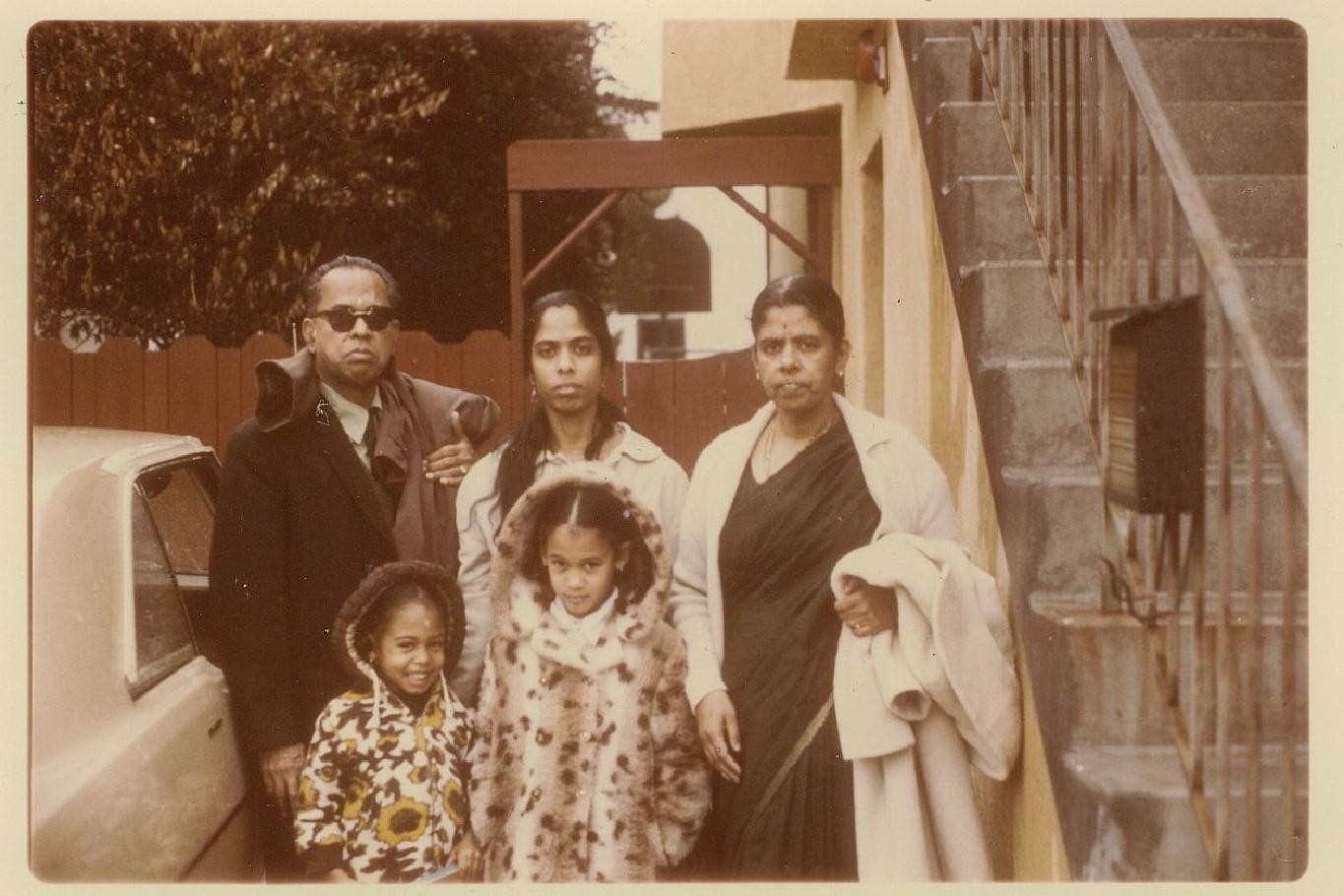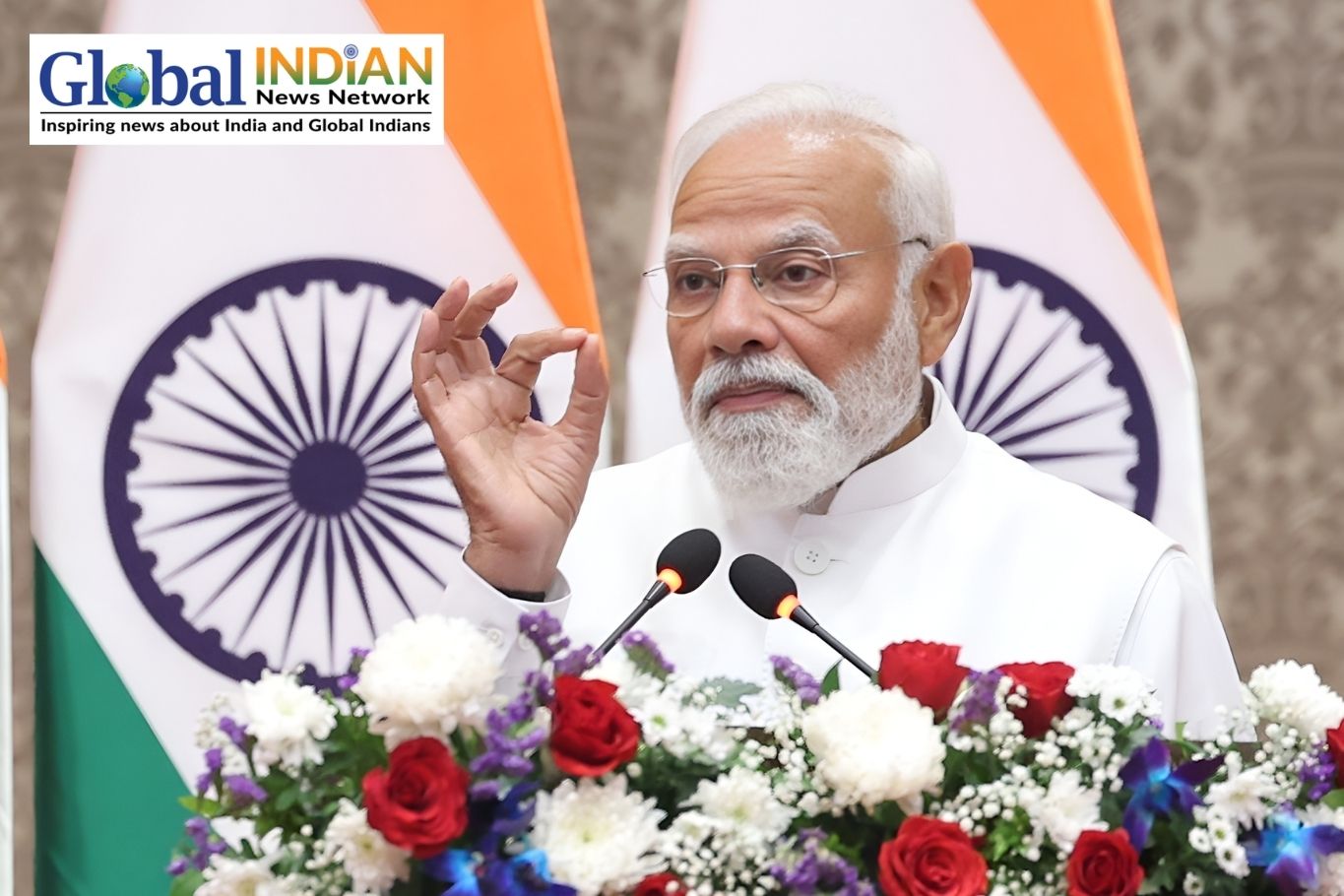
When Kamala Harris took the oath of office as Vice President of the United States on January 20, 2021, she made history as the first woman, the first Black American, and the first Indian American to hold the second-highest office in the country. Now, following President Biden’s endorsement of her for the 2024 presidential race, she stands poised to become the first Black and Indian American woman to lead a major party ticket.
Harris has long embraced her South Asian heritage with pride. In her 2019 autobiography, “The Truths We Hold: An American Journey,” she reflects on the deep cultural roots instilled by her mother and family. She notes how her mother, Shyamala Gopalan, gave her and her sister Sanskrit names and emphasized their Indian heritage. Harris recalls that her mother expressed her feelings in her native tongue, a testament to the strong cultural connection she fostered.
Throughout her career, Harris has addressed her racial identity with confidence and resilience. In a 2019 interview on “The Breakfast Club,” she confronted criticism of her African American identity, drawing parallels to the scrutiny faced by Barack Obama. She firmly asserted her pride in being Black and rejected any attempts to undermine her heritage.
Harris’s upbringing included a blend of cultural experiences. She attended both a Black Baptist church and a Hindu temple, though she also faced exclusion from some of her peers due to her race. Her time at Howard University, a historically Black college, reinforced her sense of community and belonging.
Inspired by her mother’s determination and achievements, Harris’s ambitions are deeply rooted in her heritage. Reflecting on her mother’s experiences and struggles, she has embraced her own potential and strives to achieve her goals on her terms, demonstrating the strength and resilience she admires in her mother.









